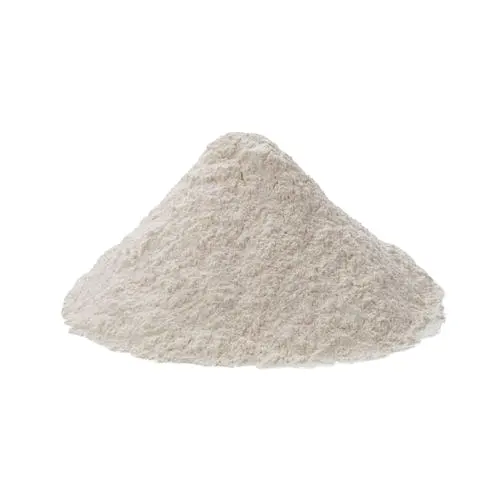
Nov . 11, 2024 03:06 Back to list
Wholesale Benzimidazole Fungicides Benomyl and Carbendazim for Effective Crop Protection Solutions
Understanding the Role of Benomyl and Carbendazim in Wholesale Agriculture
In the ever-evolving world of agriculture, effective pest management is crucial for enhancing crop yield and quality. Among the numerous fungicides available, benomyl and its derivative, carbendazim, have gained significant attention for their effectiveness in controlling fungal diseases in various crops. This article will explore these two important agricultural chemicals, their applications, and the implications for wholesale agriculture.
Overview of Benomyl and Carbendazim
Benomyl is a systemic fungicide that belongs to the class of benzimidazoles. It is primarily used to combat a variety of fungal pathogens affecting crops like fruits, vegetables, and ornamental plants. Benomyl works by inhibiting fungal cell division, effectively preventing the growth and spread of the fungus. Once absorbed by the plant, it provides lasting protection against diseases.
Carbendazim, on the other hand, is a more active form of benomyl. While benomyl is a pro-fungicide that must be converted into carbendazim to become effective, carbendazim is used directly for its potent antifungal properties. Its mode of action involves the disruption of microtubule formation during cell division, which is crucial for fungal growth and reproduction.
Applications in Agriculture
The application of benomyl and carbendazim spans a broad spectrum of agricultural practices. They are commonly used in the treatment of leaf spot, powdery mildew, rot, and blight diseases in crops like grapes, tomatoes, and rice. Their effectiveness against a wide range of fungi makes them essential tools for farmers looking to protect their crops and ensure a healthy yield.
For wholesale suppliers, the demand for benomyl and carbendazim is paramount, particularly during planting seasons when disease pressure tends to be high. These fungicides can be found in several formulations, including granules, powders, and liquids, making them versatile options for varying application methods.
Benefits of Using Benomyl and Carbendazim
The primary benefits of using benomyl and carbendazim in agricultural settings include
wholesale benomyl carbendazim

1. Effective Disease Control Both fungicides are effective against numerous fungal pathogens, providing reliable protection for crops. 2. Systemic Action Both substances are absorbed by plants and translocated throughout tissues, offering long-lasting protection even after rainfall.
3. Increased Yields By controlling fungal diseases, these fungicides help in achieving higher yield and improved quality of produce, which is crucial for wholesale sellers.
4. Cost-Effectiveness When used appropriately, benomyl and carbendazim can be relatively economical solutions for crop protection, minimizing the potential for crop loss.
Regulatory Considerations
Despite their benefits, the use of benomyl and carbendazim is not without controversy. Regulatory agencies in various countries have scrutinized these fungicides due to concerns about their long-term environmental impact and potential health risks. For example, carbendazim has been found to have endocrine-disrupting properties, leading to bans or restrictions in several regions.
Consequently, wholesale suppliers and agricultural businesses must stay informed about local regulations and ensure compliance with safety standards when distributing these products. It is also essential for farmers to adhere to recommended application rates and practices to minimize risks.
Conclusion
Benomyl and carbendazim play significant roles in modern agricultural practices, particularly in wholesale settings where disease management is essential for maximizing crop yield and quality. Although they offer many advantages for controlling fungal diseases, responsible usage and adherence to regulatory guidelines are paramount to mitigate potential risks.
As agriculture continues to adapt to challenges such as climate change and evolving pest resistance, the importance of effective fungicides like benomyl and carbendazim remains critical. By understanding their roles and implications, stakeholders in the agricultural industry can make informed decisions that support sustainable practices and ensure the availability of high-quality produce in the marketplace.
-
Best Abamectin 95% | Top Pesticide for Crop Protection
NewsJul.31,2025
-
Insecticide Spirotetramat 11% + Thiacloprid 11% SC at Good Price
NewsJul.30,2025
-
Best Abamectin SDS - Premium Quality & Reliable Safety Data
NewsJul.29,2025
-
Agrochemicals Pesticides Solutions for Sustainable Farming
NewsJul.29,2025
-
High-Quality Tebuconazole Fungicide for Crop Protection at Best Price
NewsJul.29,2025
-
Chlorfenapyr 8% + Clothianidin 20%SC Pesticide Mixture for Effective Pest Control
NewsJul.28,2025
